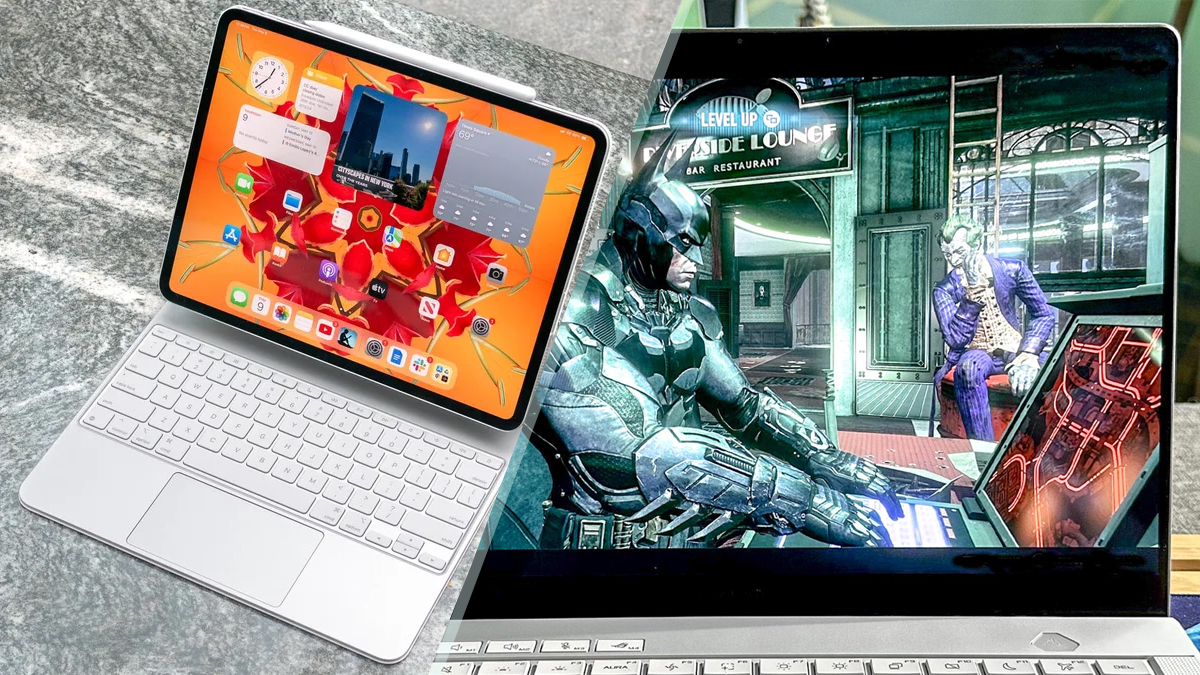
Apple has recently updated its app review guidelines to allow PC emulators to be added to its app stores for iPhones and iPads.
Apple only recently started to allow emulators to appear on its App Store. While the company was initially hesitant to add the option, the growth of Delta makes it clear there is a fair amount of interest in the apps, with Delta even releasing it on iPad.
However, while Apple was content with letting retro game consoles appear in the store, the company did not allow PC emulators, citing that they did not qualify under the current guidelines.
However, it appears this has now changed, with Apple Insider spotting that the language in Apple’s developer site was updated on August 1. The updates, which focus on the 4.7 section of the app review guidelines, have been changed to state, “Retro games consoles and PC emulator apps can offer to download games.”

Apple originally avoided placing emulators in its stores due, in part, to how they work. The issue concerns where users find the files for them. For reference, emulators are software that recreates how a piece of hardware would function and can use read-only memory (ROMs) to play games. The issue is that the ROM is illegally copied for most of these games. As such, emulator programs rely on downloads from certain sites to work and don't provide the ROMs themselves.
This leads to having to find and download these files from sites and introduce them into the device, which Apple is vehemently against. After all, Apple's biggest issue with sideloaded apps and third-party stores is that it cannot perform the same quality and security control that it normally does. This is also why it took so long for Apple to allow RCS messaging.
While opening the App Store to PC emulators is great, users must still know the risks when downloading ROMs and installing them on their phones. There are some trusted sites, but it is worth checking our guide to see if your phone has a virus and what you can do to be safe.







